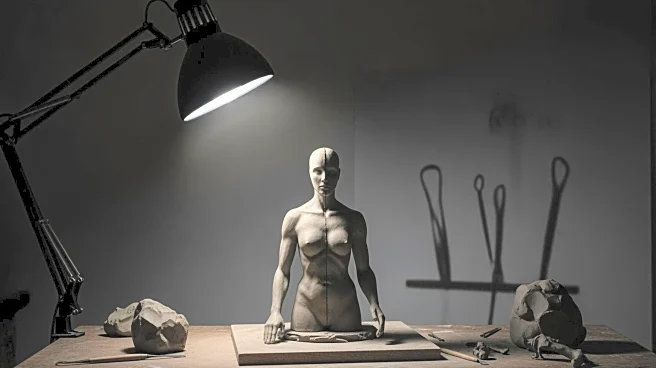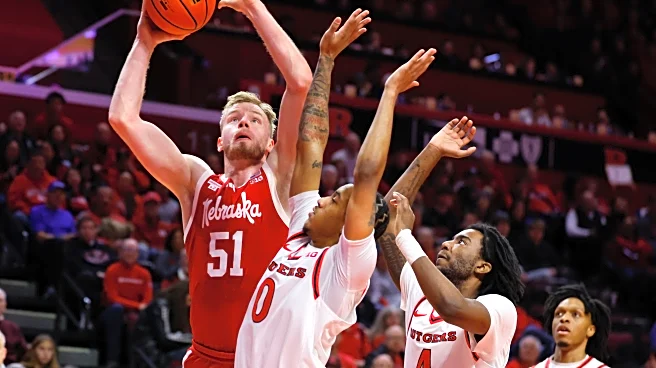What's Happening?
Stephen K. Bannon, a former White House chief strategist for President Trump, has publicly supported the idea of Trump seeking a third term, despite the constitutional two-term limit. In an interview with The Economist, Bannon suggested there is a plan
to circumvent the 22nd Amendment, which prohibits more than two elected terms for a president. Bannon described Trump as an 'instrument of divine will' and indicated that a strategy is being developed to ensure Trump's candidacy in 2028. This assertion challenges the established constitutional framework and has sparked discussions about the feasibility and implications of such a move.
Why It's Important?
Bannon's comments are significant as they propose a direct challenge to the constitutional limits on presidential terms, potentially altering the political landscape. If Trump were to run again, it could reinforce his influence over the Republican Party and impact future electoral strategies. The notion of extending Trump's presidency raises questions about the balance of power and the role of constitutional amendments in shaping U.S. governance. This development could lead to increased political polarization and debates over the interpretation of democratic principles.
What's Next?
Trump has not officially announced plans to run in 2028, and any attempt to amend the Constitution would face substantial obstacles, requiring broad legislative support. The political discourse around this issue may intensify, with reactions from both supporters and opponents of Trump. The Republican Party may explore various strategies to maintain Trump's influence, whether through direct candidacy or supporting a successor who aligns with his policies. The discussion may also prompt legal and ethical debates about the limits of presidential power.
Beyond the Headlines
The idea of a third term for Trump touches on deeper issues of democratic principles and the interpretation of constitutional limits. It raises ethical questions about the concentration of power and the potential for undermining democratic norms. The notion of extending a presidency beyond traditional limits could set a precedent for future leaders, impacting the cultural and political fabric of the nation.
















